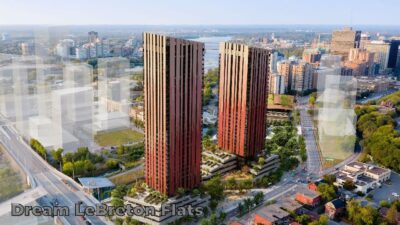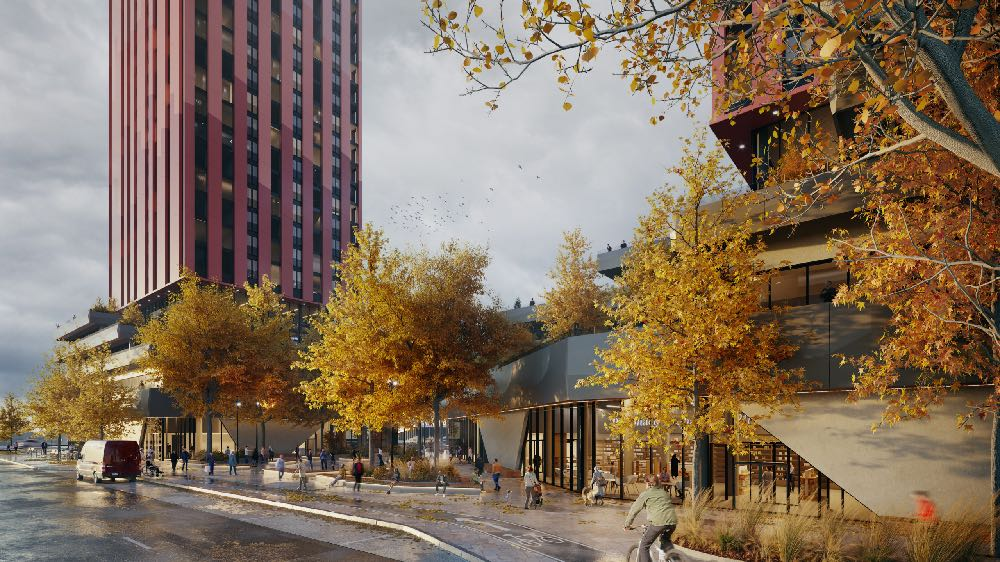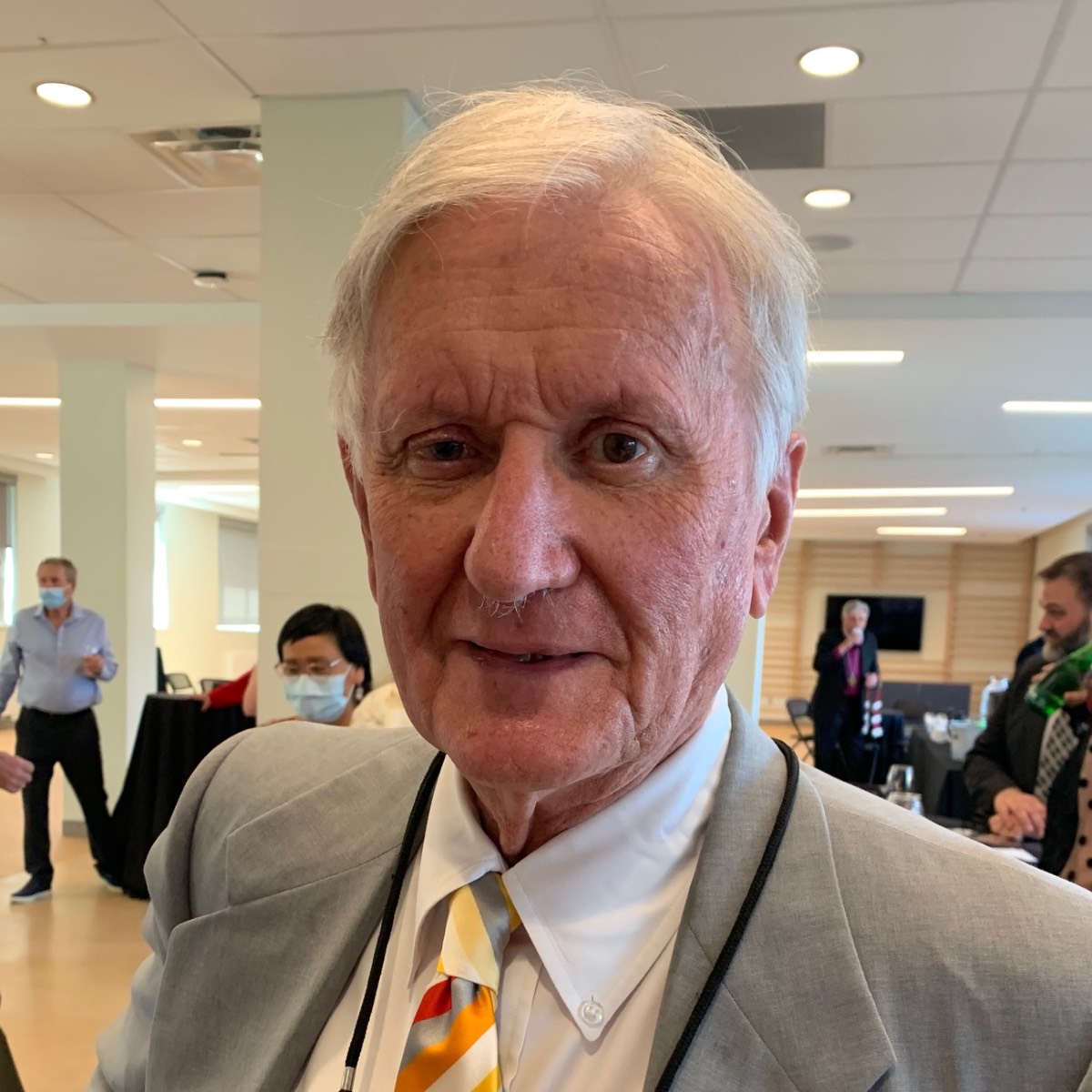The Multifaith Housing Initiative (MHI) has warmly welcomed the Anglican Diocese of Ottawa’s donation of $75,000 to support Indigenous housing in the major Dream LeBreton project on Ottawa’s LeBreton Flats.
Bishop Shane Parker said the gift was made to MHI “specifically to assist in the construction of 30 units for Indigenous households, as a sign of our church’s ongoing commitment to both reconciliation and affordable housing.” He expressed the hope that the gift will encourage others to donate. The funds for the donation came from sale of the Christ Church Maniwaki property, the bishop added.
Suzanne Le, executive director of MHI, said the gift “will help generate significant momentum for our fundraising efforts, not only within the Anglican community but across all faith communities in Ottawa.”
MHI is launching the Dream LeBreton Capital Campaign, with a goal of raising $1.6 million to help offset the cost of building the 30 units for Indigenous households.
“This will ensure that we can offer Indigenous families a lower rent (an average savings of $300/month) on each unit in perpetuity,” Le says.
MHI is also giving priority to veterans, new immigrants, women and children, and adults with cognitive disabilities.
MHI will own and operate 133 units, as part of a much larger development, in partnership with Toronto-based Dream Unlimited Corp. In all, 600 rental units will be built with a mix of affordable and market rental rates.
The project comprises two towers of 30 and 35 storeys located at 665 Albert St. between the new city library and the Pimisi LRT station.

Dream LeBreton says the project will be Canada’s largest residential zero-carbon development, using wastewater energy and solar power-generating systems. It will include retail space, a café, as well as services such as health, daycare, bicycle maintenance and a community hub.
In addition, a community supportive housing model, a hallmark of MHI, will offer other programs such as a milk and eggs service for pregnant and new mothers, writing groups, coding workshops for children, sewing classes, homework clubs, community gardening, and baby playgroups.
“I think it’s going to be the heartbeat of this city with a place for everyone,” Le says.
“The kind of community we’re building, I would like to see used as a model for the country.”
While Indigenous peoples represent four per cent of the population in Ottawa, 32 per cent of people experiencing homelessness identify as Indigenous according to the Ottawa Point-in-Time Count.
All are welcome to donate to the Multifaith Housing Initiative’s (MHI) component of the project, specifically to be applied to 30 units of Indigenous housing. Donate here



Church of the Ascension, Ottawa — Deanery of Central Ottawa